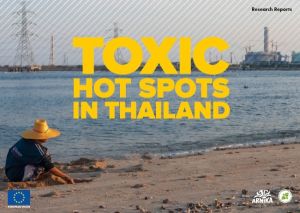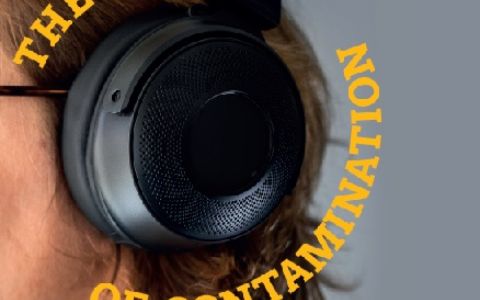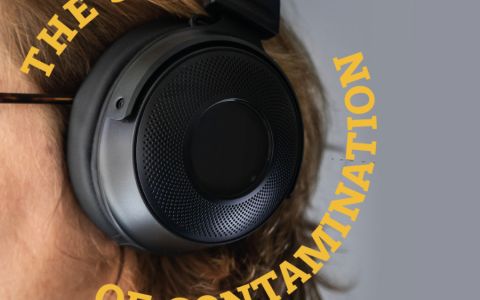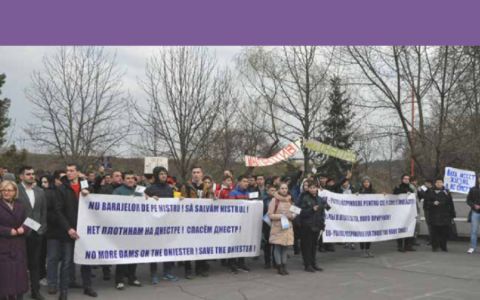Thailand has undergone major industrial and social transformation amid rapid economic growth and development for over half a century. It has successfully shifted its economy from agriculture to export-oriented manufacturing, while integrating key production, particularly automobiles and electronics, into regional value chains. Toxic pollution, as the other side of the industrialization, has also emerged in this second-largest economy in South-east Asia. Many fence line communities – nearly always marginalized and poor people – live in the vicinity of industrial factories and suffer from toxic pollution. This environmental justice problem becomes an elephant in the room. Toxic pollution in the vicinity of industrial sites in Thailand is an obvious problem that no one in charge wants to discuss and effectively solve.
The data presented in the studies were obtained during sampling campaigns in Thailand in February 2015, February and March 2016, and February 2017. The sampling campaigns represent an important part of the project “Increasing Transparency in Industrial Pollution Management through Citizen Science.” is a joint project of the Czech non-governmental organization Arnika Association and the Thai partner, Ecological Alert and Recovery - Thailand (EARTH).
A selection of hotspot areas was based on preliminary analyses, reports in literature, and personal experiences of team members from Ecological Alert and Recovery - Thailand (EARTH). There were hotspot areas with the metallurgical industry (Samut Sakhon and Khao Hin Sorn), gold mining (Loei), pulp and paper industry (Khon Kaen), petrochemical industry (Map Ta Phut and Rayong IRPC industrial zone), power generating (Tha Tum ), cement kilns (Saraburi), waste incineration (Koh Samui) and a potentially contaminated site due to a landfill fire (Praeksa). Some hotspot areas, like Map Ta Phut or Tha Tum, include more types of industries. Three sampling sites (Klong Dan, Chanthaburi, and Thap Lan National Park) were chosen as sampling sites to order background levels of pollutants.
The results presented in the reports are based on analyses of 110 inorganic samples (sediments, soils, and ashes), 65 organic samples (fish, eggs, mollusks, and crustaceans), and 3 additional passive air samples, plus 10 active air samples analyzed for volatile organic compounds.
Samples have been analyzed for organochlorine pesticides and their metabolites (DDT, aldrin, chlordane, dieldrin, endosulfan, and many others); chlorobenzenes; 7 PCBs; PAHs, PCDD / Fs and DL PCBs for both bioassay and congener specific analysis; brominated flame retardants (including PBDEs), mercury and methylmercury; and other heavy metals (lead, cadmium, copper, chromium, zinc, and arsenic). Descriptions of analytical methods are included in specific reports. Passive air samples were analyzed for PCDD/Fs and DL PCBs.







